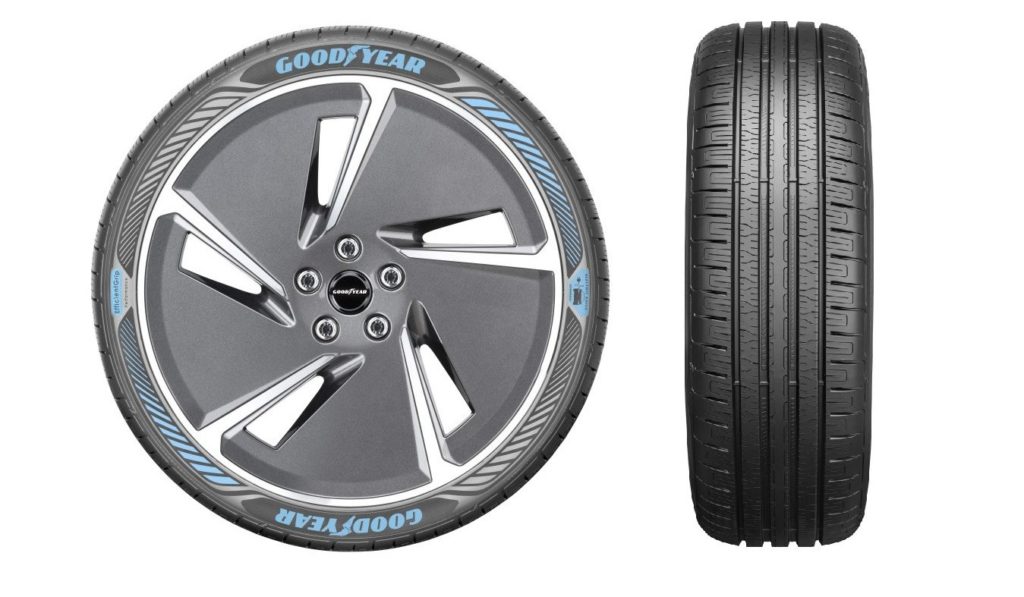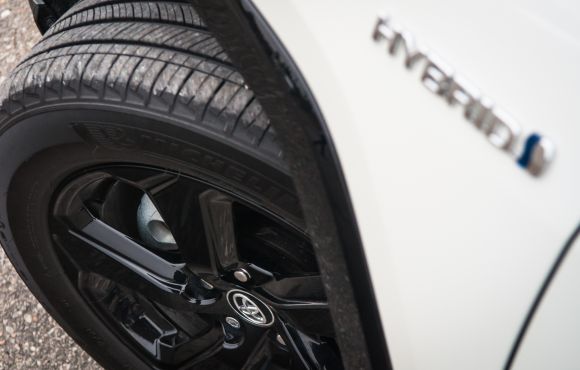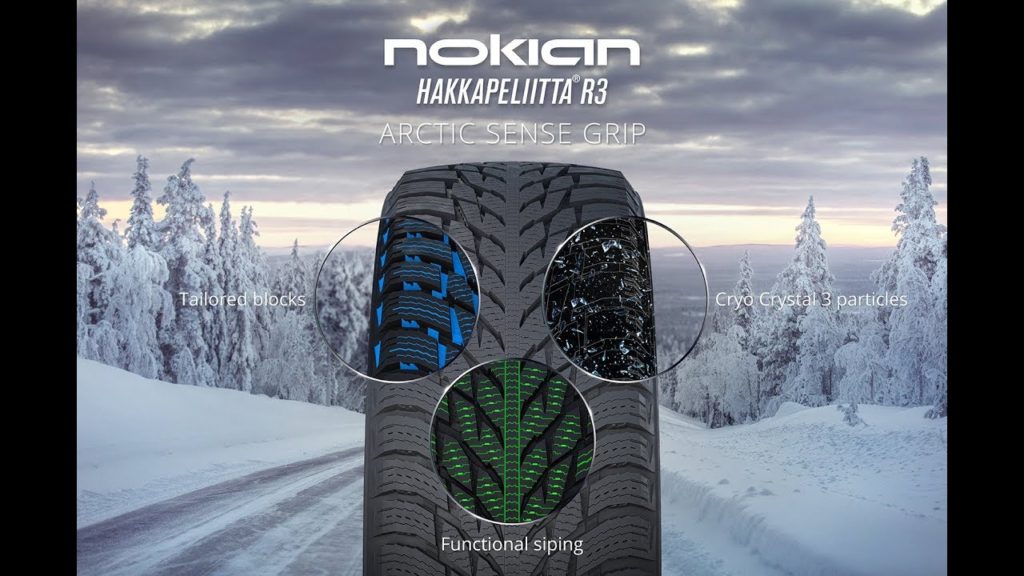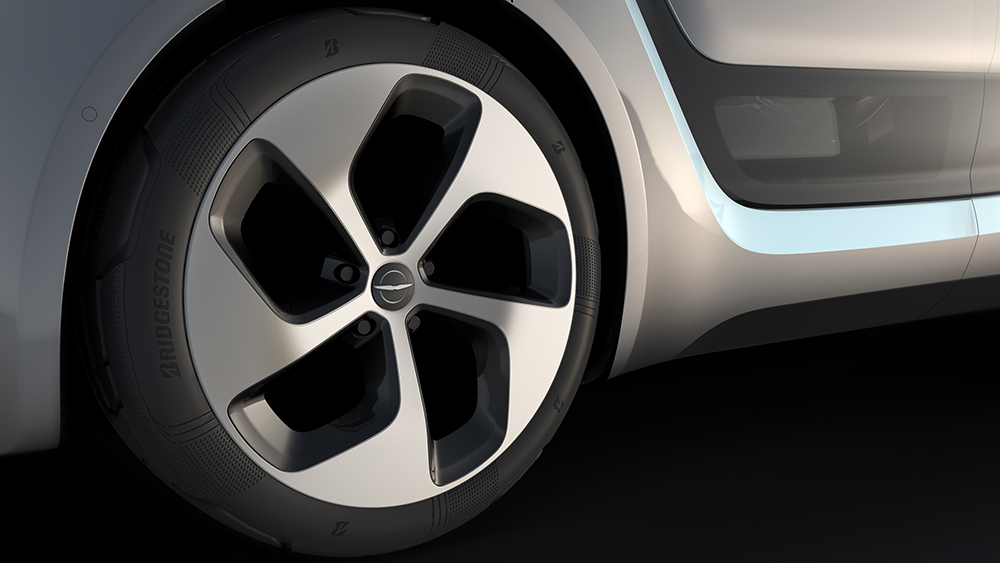Every component in an Electric Vehicle is going to cost at least twice the price it would in a conventional vehicle and that doesn’t mean that they’re not economical vehicles, instead they are made out of more durable materials making them stronger than the components in a conventional vehicle.
Despite the fact that the EVs are missing one crucial component that a conventional vehicle has, the engine, wherever it would be placed, front or back, on an EV the motors are placed right on the wheels which makes it more vulnerable but its casing actually assures us that they are more durable than one conventional engine, and after knowing all of these facts we have come to a conclusion, the tires used on EVs are more expensive than the ones on a conventional vehicle.

In electric cars, it’s not just the powertrain that is different. It’s the tires.
Electric cars need special tires for a variety of causes, tire company Continental said in a press release.
Their tires must handle more weight compared to internal-combustion vehicles, and deliver more torque to the road when moving away from a stop, the company noted.
Because of their near-silent powertrains, tire noise is also more noticeable in electric cars than internal-combustion vehicles, where it is partially masked by engine noise.

When designing tires for electric cars, Continental gives them the increased load-bearing capacity to account for the extra weight of a battery pack. The tread pattern and tread compound are also EV-specific, to handle the nearly-instant torque of electric motors. And to quiet tire noise, a foam inlay is added inside. Continental’s tires for electric cars also generally have a “tall and narrow” shape to reduce rolling resistance, which helps increase range.
Tires themselves can have a huge effect on EV range—and so can wheels. Multiple tests have shown that swapping out stock low rolling-resistance tires and aerodynamic wheels for aftermarket items can decrease range, although it can also improve handling.

The Volkswagen ID.3 hatchback will have model-specific tires made by Bridgestone. They not only have lower rolling resistance than conventional tires, but are 20% lighter, and were designed with the ID.3’s more even weight distribution in mind, according to Bridgestone.
Toyota has in the past considered airless tires for electric cars, while General Motors said last year that it could offer Michelin airless tires on an upcoming EV in 2024.
And looking to the future, if we want a truly zero-emission vehicle, we’ll need to start carefully considering the emissions from tire and brake dust.





